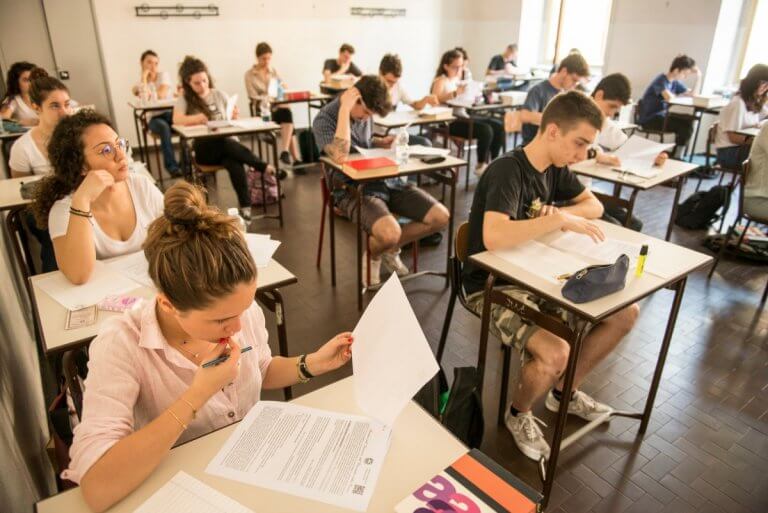
The Organisation for Economic Cooperation and Development’s (OECD) Programme for International Student Assessment’s (PISA) has been a global academic benchmark for measuring and comparing the academic performance of 15-year-olds across many countries.
Currently, PISA focuses on reading, mathematics and scientific literacy.
Questionnaires are also distributed to students and school principals, in addition to optional questionnaires to parents and teachers to gather information about students’ home backgrounds, as well as their approaches to learning and their learning environments, says PISA.
This is how the way the world measures success in #education is changing https://t.co/zCdksbrPma pic.twitter.com/Had6cHUsLx
— World Economic Forum (@wef) April 29, 2019
The results of the triennial assessment are used to help governments establish benchmarks for improvements and shape their education policies. The year 2018 marked its seventh cycle.
Despite that, PISA as an instrument of academic achievement is not without its criticisms.
Critics argue that PISA measures narrow aspects of education and encourages countries to resort to short-term fixes to quickly climb the rankings, among other things.
Unsurprisingly, PISA is looking at broadening how and what it tests in 2021.
The unlikely champion for testing kids around the world on empathy and creativity https://t.co/0JRVbbmvqx
— Quartz (@qz) February 22, 2019
According to Quartz, Andreas Schleicher, Head of Education at the OECD, is pushing for the design and development of new optional tests to complement PISA. This includes a shift from merely focusing on science, reading and math towards more complex and interdisciplinary skills to prepare kids for the future of work.
“These include tests focusing on problem-solving, collaborative problem-solving, and, this year, so-called ‘global competencies,’ such as open-mindedness and the desire to make the world a better place. In 2021, it will tackle creative thinking, trying to find ways to assess, and have students assess, flexibility in thinking and habits of creativity such as being inquisitive and persistent,” said the report.
“What we know is that the kinds of things that are easy to teach, and maybe easy to test, are precisely the kinds of things that are easy to digitise and to automate,” said Schleicher at the LearnIt conference in London in January.
Kids must be equipped with skills that robots don’t possess – yet – such as imagining, creating, questioning and collaborating in ways that robots cannot, and Schleicher says these are the skills global education systems should emphasise.
In a separate report, Schleicher said the PISA team is also developing a way to test students’ digital learning, which should be ready in time for the 2024 assessment.
This may be welcome news for critics who argue that education attainment should be measured in a multidimensional way, with more emphasis on measuring 21st-century skills.
Liked this? Then you’ll love…
Which country is the best at teaching maths?
Students may need this skill as much as maths and literacy to succeed in life







